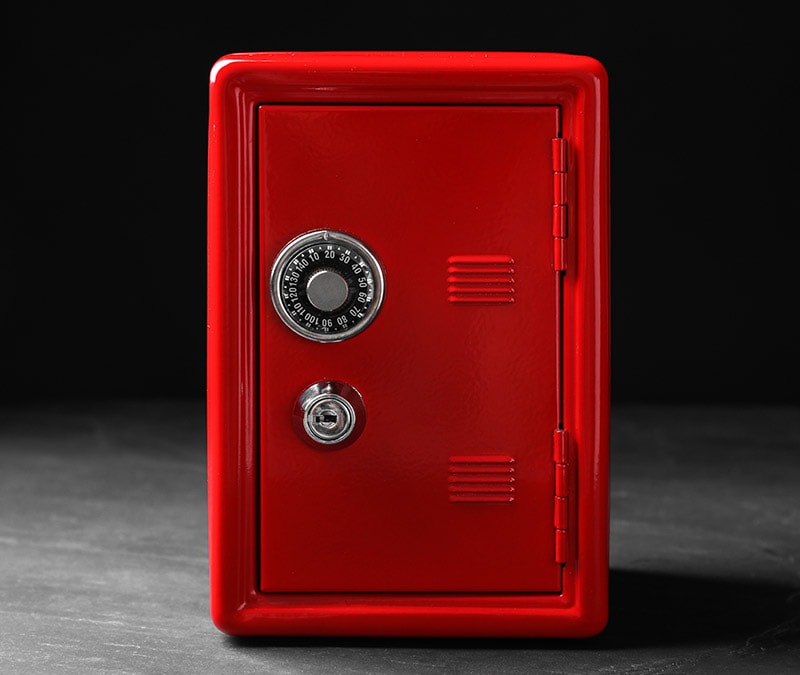Credit Monitoring vs. Identity Theft Protection Services. What's the difference?
Two popular options to help protect against identity theft: credit monitoring and identity protection services. Knowing which is right for you means taking into consideration of what level of protection they each offer and what you really need:

If you've never been the victim of a data breach or identity theft, consider yourself lucky. But given the increasing number of both events, your luck may run out at some point.
Two options for helping to protect yourself are credit monitoring or identity theft protection services. So, what's the difference? A lot, actually.
Credit Monitoring
Here are two ways to approach the credit monitoring route.
- Do it yourself - You have access to one free credit report per year from each of the three major credit reporting agencies. This is definitely the cheapest way to monitor your credit information.
- Hire a credit monitoring service - No two are the same. Ask questions about whether they track just one or the three major credit reporting agencies (CRA). They usually track new credit applications, debt, and payment history, but not all institutions report back to the CRAs.
Breached companies often provide credit monitoring as a complimentary service to help the individual victims monitor their credit reports. Free service plans range in what they cover. Depending on who's affected by the breach, the free service can cover you or you and your minor children. So, it's important to read the details before signing up for any service to know exactly what you are getting. While any protection is a good starting point, these don't always cover everything.
Identity Theft Protection Services
- Alert† you when personally identifiable information like a social security number is used in ways that can impact your credit
monitor bank accounts, criminal data bases etc., for potentially fraudulent activities - provide specialists to help you by making the calls, filing the paperwork, and taking other steps to help restore your identity.
- Give you your credit file activity at one, two or three CRAs
- Monitor the dark web where criminals sell or trade stolen information
With major data breaches making headlines, many consumers are recognizing that credit card fraud or identity theft can happen to anyone. It can also be scary and confusing, making it of little surprise that more and more people are searching for help.
Identity theft protection vs. credit monitoring: You decide
The bottom line is that if a company offers you free credit monitoring or identity theft protection and restoration services, it probably won't hurt to take advantage of it. But that may not be enough.
So, what's the best choice for you?
Doing it yourself approach may not be enough to help protect your identity in today's world. Services like LifeLock identity theft protection offer added benefits of helping you resolve an identity theft incident.
With additional support just a phone call away, you'll be glad to have the protection if you need it.
No one can prevent all identity theft.
†LifeLock does not monitor all transactions at all businesses.
Editorial note: Our articles provide educational information for you. Our offerings may not cover or protect against every type of crime, fraud, or threat we write about. Our goal is to increase awareness about Cyber Safety. Please review complete Terms during enrollment or setup. Remember that no one can prevent all identity theft or cybercrime, and that LifeLock does not monitor all transactions at all businesses. The Norton and LifeLock brands are part of Gen Digital Inc.






Want more?
Follow us for all the latest news, tips, and updates.